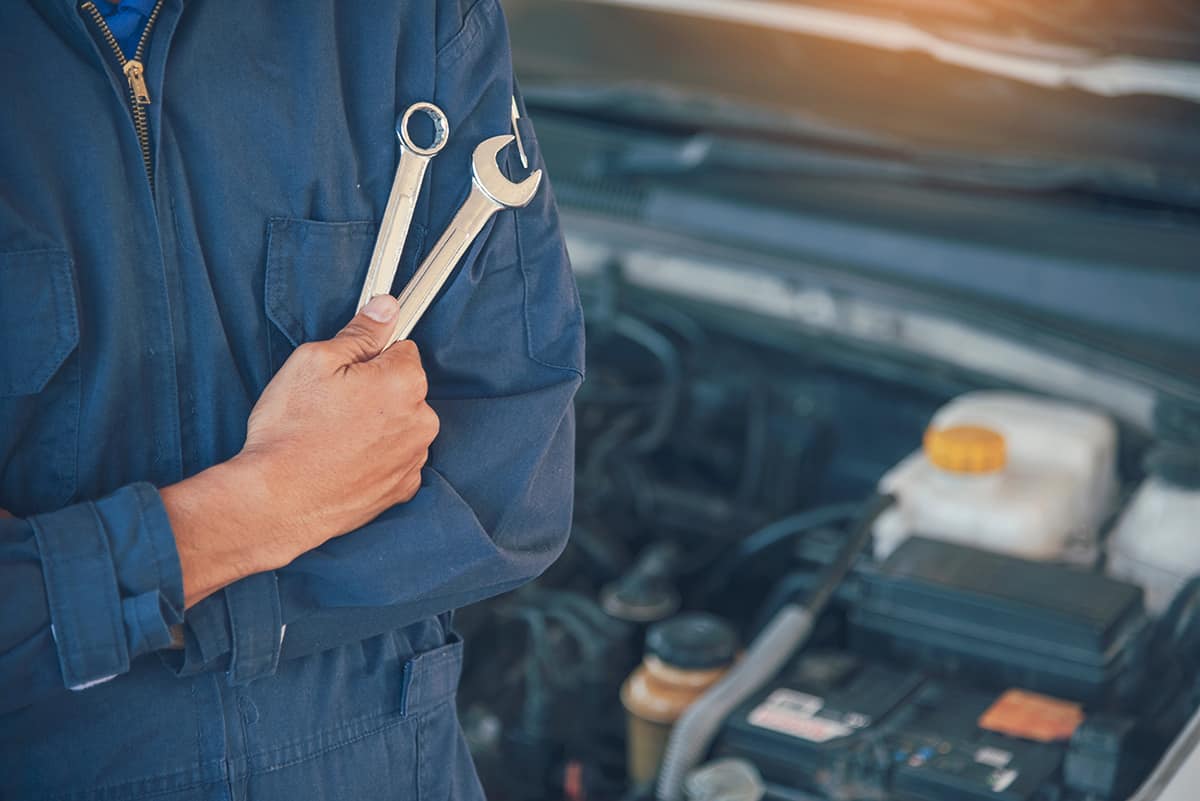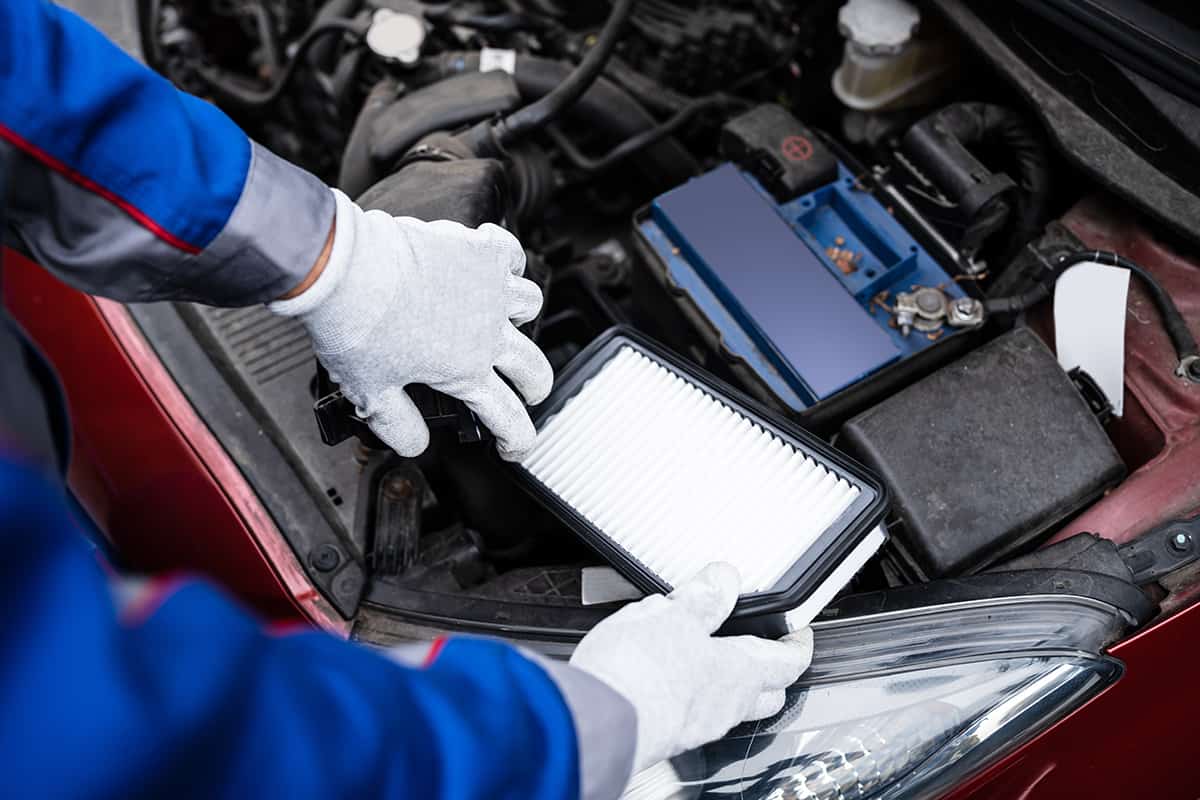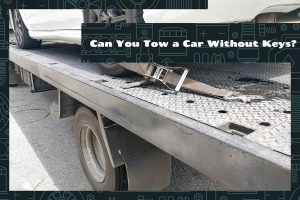Ford Escape is known for its comfortable ride, versatility, and sleek design. But one of the most important factors when considering a vehicle is its lifespan. This means how long it will last before major problems arise or it becomes too expensive to maintain.
The average lifespan of a Ford Escape is between 150,000 to 200,000 miles or up to 15 years, depending on factors like maintenance, driving habits, and model year.
In this article, we’ll dive into the various aspects that can affect the lifespan of a Ford Escape. We’ll discuss common issues and their solutions and offer tips on how you can make your Ford Escape last as long as possible.
Factors Influencing the Lifespan of a Ford Escape
There are several factors that can impact how long a Ford Escape lasts. Let’s look at some of the most important ones.
1. Build quality and engineering
The materials and design of a car play a big role in its lifespan. Ford uses high-quality materials and smart engineering to make the Escape strong and durable. This helps it last longer and stay in good shape.
2. Maintenance and care

Taking care of your Ford Escape can make it last a lot longer. Regular oil changes, brake inspections, and tire rotations are essential. It’s also important to check your car’s fluids, like the coolant and transmission fluid.
3. Driving habits and conditions
How you drive your Ford Escape can affect its lifespan. Smooth and steady driving is better for your car than aggressive acceleration and braking. Also, driving on well-maintained roads helps to prevent wear and tear on your car’s suspension and steering systems.
4. Model year and updates
The year your Ford Escape was made can influence how long it lasts. Newer models might have improved features or materials that help them last longer. However, older models can still have a long lifespan if they have been well-maintained and cared for.
5. Geographical factors

Where you live and drive your Ford Escape can impact its lifespan. For example, living in a place with a lot of snow and ice can cause rust and corrosion, which can shorten your car’s life. In contrast, if you live in a mild climate with well-maintained roads, your Escape may last longer.
Common Ford Escape Issues
Like any vehicle, the Ford Escape can experience certain issues. You should be aware of these problems so you can identify them if they happen to your car. Here are some common Ford Escape issues:
1. Engine problems
Ford Escapes can face engine troubles. These issues might include difficulty starting, rough idling, or a decrease in power. Engine problems can be caused by several factors, like a weak battery, worn-out spark plugs, or a dirty air filter.
2. Transmission issues
Transmission problems are another concern for Ford Escape owners. You might notice your car having trouble shifting gears or slipping out of gear while driving. These issues can be caused by low or contaminated transmission fluid, or more serious internal transmission damage.
3. Electrical system malfunctions
Ford Escapes can also experience electrical problems. You may encounter flickering lights, a dead battery, or issues with the car’s accessories. These problems can be due to blown fuses, corroded battery cables, or damaged wiring.
4. Suspension and steering
Suspension and steering issues can make your Ford Escape feel bumpy or difficult to control. These problems could be caused by underinflated or worn-out tires, damaged shock absorbers or struts, or issues with other suspension and steering components.
5. Cooling system issues
Your Ford Escape’s cooling system helps prevent the engine from overheating. Problems with this system might include a leaking radiator, a malfunctioning thermostat, or a damaged water pump. These issues can lead to engine overheating and possible damage.
6. Fuel System Problems
Finally, some Ford Escapes may face fuel system issues. These can include a failing fuel pump, a clogged fuel filter, or problems with the fuel injectors. Fuel system issues can cause your Ford Escape to be unable to start or have difficulty starting.
Enhancing Your Ford Escape’s Lifespan

Taking good care of your Ford Escape can help it last longer and save you money on repairs. Here are some tips and suggestions to keep your Escape in top shape for years to come.
1. Regular Maintenance
Following a regular maintenance schedule is key to extending the life of your Ford Escape. Here are some important tasks to stay on top of:
- Change the oil every 3,000 to 5,000 miles, depending on your vehicle’s age and your driving habits.
- Replace the air filter every 15,000 to 20,000 miles or as needed.
- Check and rotate your tires every 5,000 to 7,500 miles.
- Inspect the brakes and replace pads and rotors when necessary.
- Check the coolant, transmission fluid, and other fluids regularly and top them off as needed.
2. Driving Habits
The way you drive your Ford Escape can impact its lifespan. Here are some tips for better driving habits:
- Accelerate and brake smoothly to avoid putting stress on your car’s engine and transmission.
- Avoid excessive idling, which can cause engine wear.
- Don’t overload your vehicle, as this can strain the engine and suspension.
3. Keeping It Clean
Keeping your Ford Escape clean, both inside and out, can help protect it from wear and tear. Here’s what to do:
- Wash your car regularly to remove dirt, grime, and road salt that can cause rust and damage the paint.
- Wax your car at least twice a year to protect the paint and keep it looking new.
- Clean the interior regularly to prevent dirt and debris from damaging the upholstery, carpet, and other surfaces.
4. Protecting Your Car from the Elements
The weather and environment can also affect your Ford Escape’s lifespan. Here’s how to protect your car:
- Park in a garage or under a carport to shield your car from the sun, rain, and snow.
- Use a sunshade to protect your car’s interior from the sun’s harmful rays.
- If you live in an area with harsh winters, make sure to wash your car regularly to remove road salt that can cause rust.
5. Checking for recalls and updates
Stay informed about any recalls or updates for your Ford Escape model. These can include safety improvements or fixes for known issues. Check the Ford website or contact your local dealer for information.






